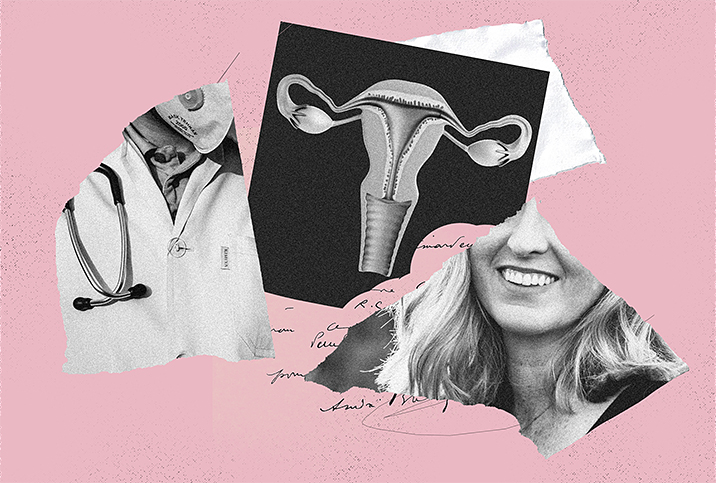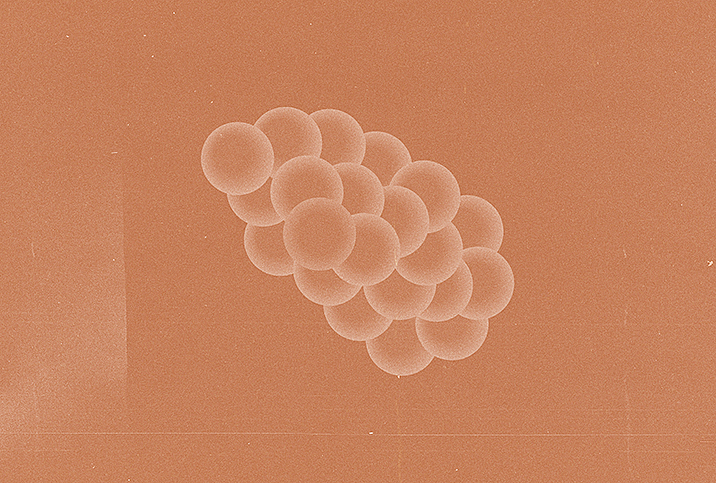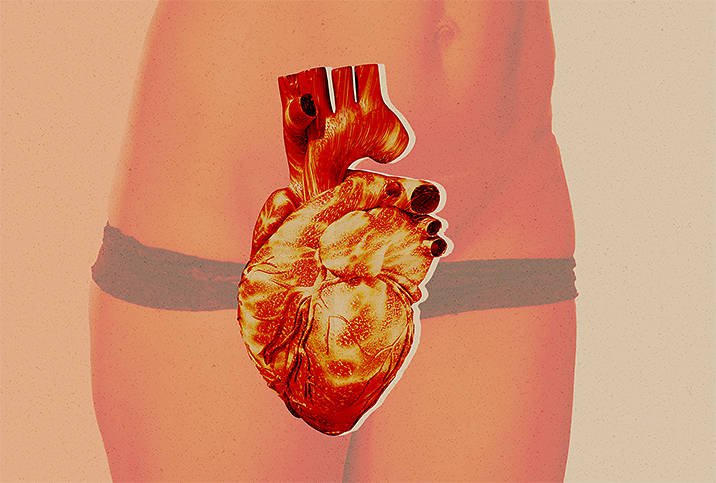The Pros and Cons of a Hysterectomy

A hysterectomy, simply defined, is the surgical removal of the uterus and sometimes other surrounding reproductive organs. It is estimated that about 1 in 9 women will undergo a hysterectomy in their lifetime, and about 600,000 of these procedures are performed every year in the United States.
Women may opt for hysterectomies for various medical reasons, including heavy and irregular periods, fibroids, endometriosis and cancers of the reproductive system.
If you struggle with a reproductive medical condition, you may have considered a hysterectomy. Although this surgery is very common and helpful in many cases, it's important to be knowledgeable about what to expect. Here's a look at some of the pros and cons.
Pros of a hysterectomy
Clara, a 58-year-old woman, had a total hysterectomy with removal of the uterus, ovaries (an oophorectomy) and fallopian tubes in her 40s. Clara had been afflicted with extremely heavy, painful and irregular periods for years. Since she was done having children, she decided a total hysterectomy would be best for her—for Clara, the pros outweighed the cons.
"No more periods, no more cramps and bloating and no more fear of pregnancy," Clara said. "I felt such relief."
If you struggle with painful periods, a hysterectomy may be a good option. Additionally, since pregnancies are more likely to be high-risk for women over the age of 35, a total hysterectomy with an oophorectomy can provide peace of mind when it comes to sex and contraception for women in that age group.
Clara is also a cervical cancer survivor. A hysterectomy can help prevent cancers of the reproductive organs from returning or remove the affected organs before diagnosed cancer can spread further.
Cons of a hysterectomy
Although Clara is happy with her decision to get a total hysterectomy, she says it's important to be aware of the hormone-related drawbacks. Since her ovaries (the female body's major estrogen producers) were removed, her estrogen levels dropped after the procedure, which led to some unfortunate menopausal symptoms.
"I struggled with some hot flashes, night sweats, trouble focusing, weight gain and vaginal dryness through the years since my procedure," Clara said. "That being said, all of those things can be fixed with hormone replacement therapy."
To combat the issues from her hormone loss, Clara started hormone replacement therapy (HRT) and has since seen a vast improvement in her symptoms.
Is a hysterectomy right for you?
It's important to note that not all hysterectomies are the same. Some involve partial removal of the uterus and cervix, while others, like Clara's, involve the removal of the surrounding reproductive organs as well. If excruciating periods are your main issue, you may opt for the removal of just your uterus and cervix. On the other hand, if ovarian cancer runs in your family, you may choose to have your ovaries and fallopian tubes removed, as well, to be on the safe side.
Your hysterectomy needs will depend on your situation, so have thorough discussions with your doctor to determine the best plan of action for you. If you believe a hysterectomy would improve your quality of life, don't be afraid to start those conversations. You deserve to be confident in your reproductive health.

















